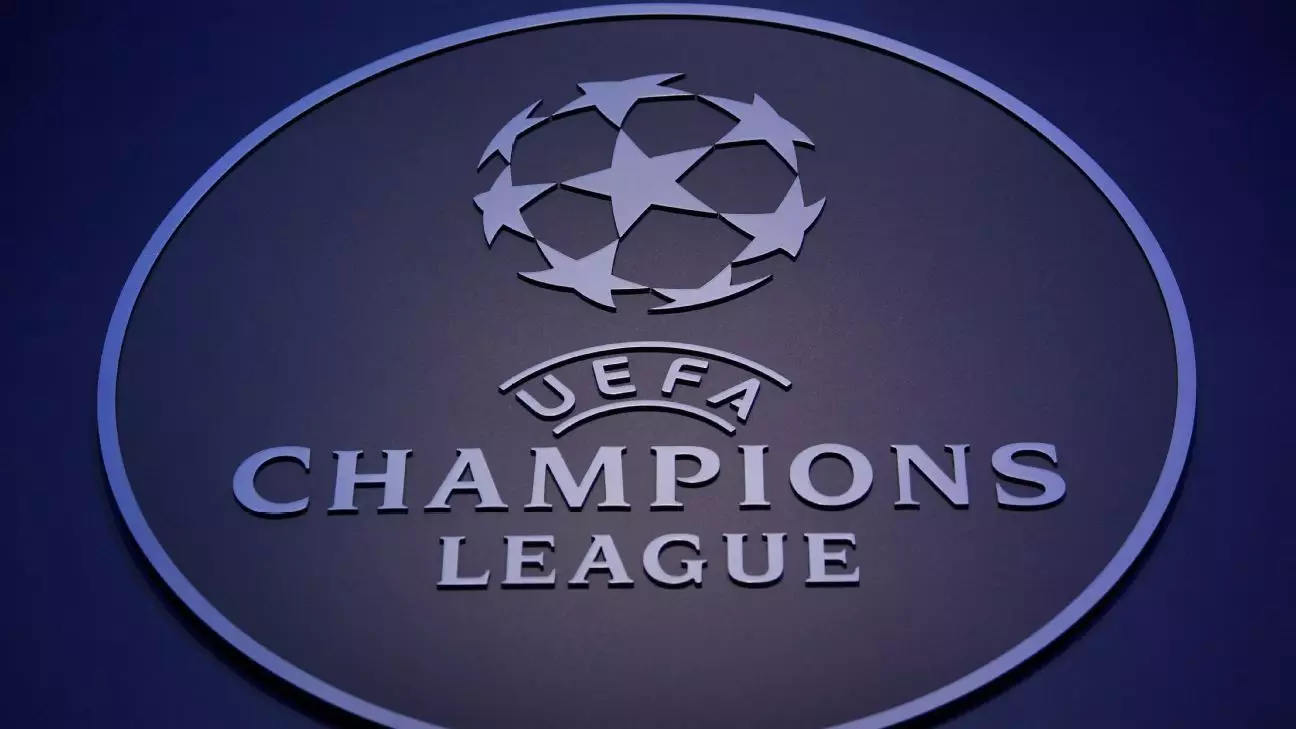The UEFA Champions League, initiated in 1955, is the most prestigious tournament in European club football. Originally named the European Cup, the competition has evolved significantly over the decades. With its expansion in 1992, the current format now accommodates 36 clubs from various top-tier European leagues. Each season, this tournament generates immense excitement for fans across the continent, as legendary clubs vie for the coveted trophy.
The Champions League is structured to include multiple qualifying rounds, which heightens the competition’s intensity. These qualifiers culminate in a playoff round, and the tournament itself runs from September through the following January. This extended window gives teams ample time to showcase their skills on the European stage, serving as a critical period for both player development and club reputation.
The operational structure of the Champions League is designed for competitive balance. Each of the 36 competing teams confronts eight different opponents, leading to a total of eight matches per team in the group stage. Performance in these fixtures ultimately determines the advancement of teams to the knockout phases.
Clubs ranking in the top eight spots automatically progress to the round of 16, while those placed 9th through 24th must engage in an additional playoff for a chance to advance. The remaining teams, unfortunately, see their Champions League aspirations come to an end. The knockout format adds another layer of drama, as the stakes are elevated—losing means elimination, ramping up the pressure on every match-day.
Since its inception, Real Madrid has emerged as the dominant force in Champions League history. The Spanish giants have clinched the title a staggering 15 times, snatching the inaugural trophy in the 1955-1956 season. Their sequence of victories in the first five years of competition set a precedent that other clubs have struggled to match.
Following Real Madrid, AC Milan stands as the second-most successful club in the tournament with 7 titles. Liverpool and Bayern Munich rank third, each with six wins to their name. The legacy of these clubs illustrates not just individual excellence, but also the enduring spirit of competition in European football. Each victory contributes to a rich narrative steeped in drama, rivalry, and unexpected twists.
The progression of winners highlights the changing dynamics within European football. In the latest seasons, Real Madrid and Manchester City have been prominent figures, with Manchester City claiming their maiden title in 2022-2023. This shift underscores the increasing competitiveness in the tournament, where traditional powerhouses are challenged by emerging clubs aiming for glory.
Notably, the 2023-2024 season culminated with Real Madrid once again lifting the trophy, showcasing their steadfast ability to perform on the grandest stage. Their consistent success not only solidifies their status but inspires other clubs to aspire to similar heights.
The impact of managerial expertise on a club’s success in the Champions League cannot be overstated. Carlo Ancelotti holds the record for the most titles won by a manager, with five glorious evenings etched in his career. His tactical acumen has guided both AC Milan and Real Madrid to triumph in different eras, emphasizing the importance of leadership in high-stakes scenarios.
Following Ancelotti, several noteworthy managers like Pep Guardiola, Bob Paisley, and Zinedine Zidane have each made a significant mark, securing three titles apiece. Their varied styles and philosophies reflect the evolution of tactics in the sport, showcasing how nuanced strategies can influence the outcome in high-pressure matches.
As we look ahead, the future of the UEFA Champions League remains bright yet unpredictable. With the constant influx of talent and the emergence of new clubs that challenge the historical elite, the dynamics of European football are shifting. New formats and potential structural changes could redefine the tournament landscape, leading to thrilling prospects for fans and players alike.
In the end, the Champions League stands as not just a tournament, but a celebration of football, encapsulating the passion, dedication, and artistry of the beautiful game on an extraordinary scale. With each season, it continues to attract global attention and inspires generations of football enthusiasts around the world.

